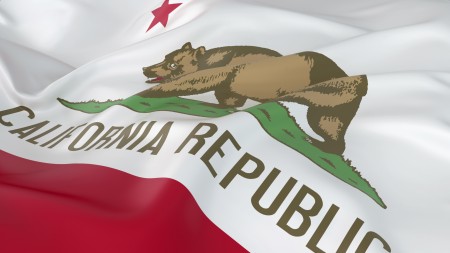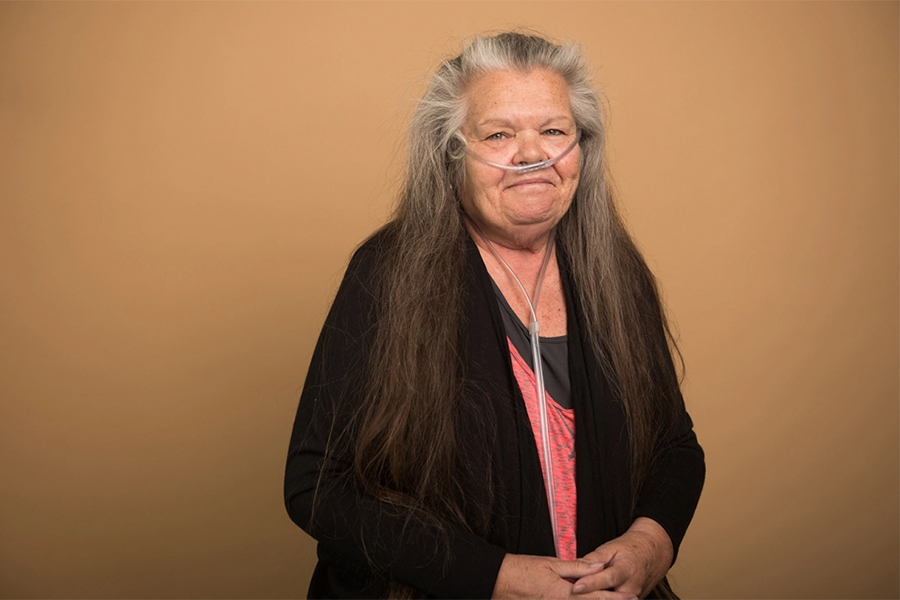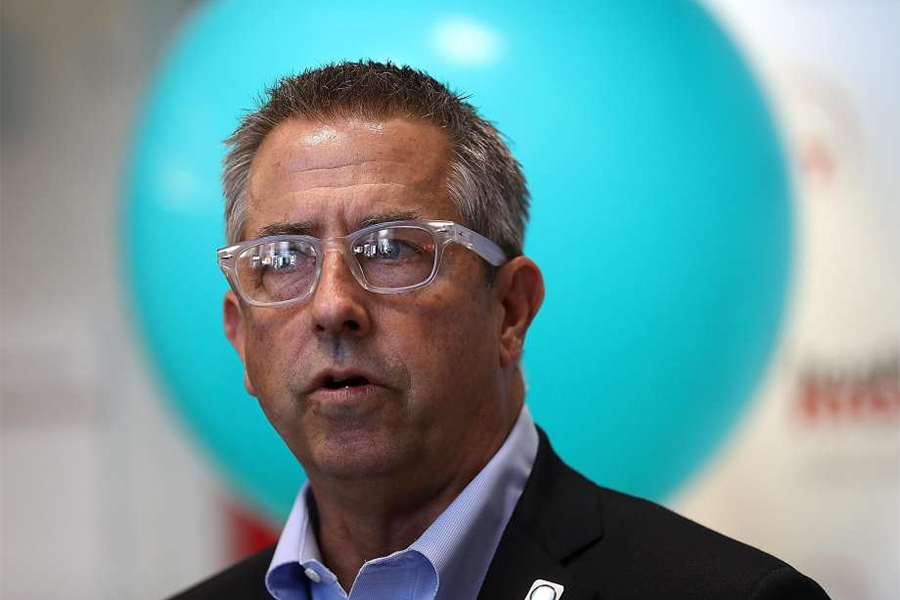Original article authored by George Lauer of California Healthline on May 18, 2015
A consumer advocacy organization has launched a campaign to get state officials to explain why they revoked Blue Shield of California’s tax-exempt not-for-profit status last year.
Consumer Watchdog also wants the state to explain why Californians didn’t learn of the decision for seven months.
The California Franchise Tax Board decided in August that Blue Shield of California, the state’s third-largest health insurer, no longer qualified for exemption from state taxes as a not-for-profit company. The decision was noted in government records but the public didn’t hear about it until March this year when a newspaper reported the change.
Consumer Watchdog filed a Public Records Act request for the audit and other records associated with the revocation of Blue Shield’s tax-exempt status.
In a letter to Franchise Tax Board directors last week, Consumer Watchdog wrote:
“Over the last seven weeks, Consumer Watchdog has been attempting to access public records related to the Franchise Tax Board’s decision to repeal Blue Shield’s tax-exempt status. To date, FTB staff have refused to respond to Consumer Watchdog’s Public Records Act request and have failed to provide any legal support for withholding the documents. We call on you to direct the Franchise Tax Board staff to release these critical public records immediately.
“These records are of utmost importance. Millions of Californians who purchased and renewed their health insurance with Blue Shield during the last Obamacare open enrollment period late last year believed Blue Shield was non-profit. The public has the right to know why the Franchise Tax Board revoked Blue Shield’s tax-exempt status.”
State Officials Say Confidentiality Laws Prohibit Disclosure
In an email responding to questions from California Healthline, Franchise Tax Board officials said they “cannot provide the requested information due to confidentiality laws.”
Jerry Flanagan, lead staff attorney for Consumer Watchdog, believes state officials are misinterpreting state statutes regarding confidentiality. He said the information his organization is asking to see should be available to the public.
“We hope they rethink their decision and decide to make the information public, but if they don’t we’re not going to just go away,” Flanagan said. He said Consumer Watchdog’s next step would be in court seeking a writ of mandate.
“I think this is a good example of a state agency that just doesn’t have its head in the game,” Flanagan said. “They should be thinking about consumers first, not keeping corporate secrets secret. Government agencies have to be thinking that their number one job is to serve the people of California. And in this situation, they’re not doing that.”
Blue Shield Declines Comment
Blue Shield officials, who are appealing the state’s revocation of tax exemption, declined to comment about Consumer Watchdog’s campaign for public disclosure. They have other things to contend with, including:
- State scrutiny of Blue Shield’s proposed $1.25 billion acquisition of Care1st, a multistate Medicaid and Medicare insurer with more than 524,000 enrollees. At the request of four advocacy groups — the California Public Interest Research Group, Consumers Union, Health Access and the Western Center on Law & Poverty — the California Department of Managed Health Care scheduled a hearing next month to examine the proposed acquisition;
- A campaign by Blue Shield’s former director of public policy, Michael Johnson, to get the company to go for-profit and repay Californians for years of tax exemptions. At his website makeitrightblueshield.org, visitors are greeted with “Blue Shield of California owes the public billions of dollars. Tell them to give it back”; and
- Repercussions of a scandal involving Blue Shield’s firing of a top executive last month, claiming he spent the company’s money extravagantly on trips with his girlfriend. Former chief technology officer Aaron Kaufman was in charge of Blue Shield’s $25 million information technology budget and oversaw 30 employees.
Blue Shield of California covers about 3.4 million people, making it the state’s third-largest health insurer behind not-for-profit Kaiser Permanente and for-profit Anthem. Blue Shield, with about 5,000 employees, reported $13.6 billion in revenue last year.
If Blue Shield does not prevail in its appeal of the tax ruling, it will retain its not-for-profit business structure, Blue Shield officials said. There is “no appetite” at Blue Shield for following the example of its cousin Blue Cross of California (now part of Anthem) which two decades ago made the switch from not-for-profit to for-profit. State officials told Blue Cross in the mid-1990s the company must repay $3 billion to Californians for the years of tax exemptions. The money was used to create two foundations — The California Endowment and California HealthCare Foundation, which publishes California Healthline.
Scrutiny May Spread to Other Not-For-Profits
Flanagan said one of the reasons Consumer Watchdog wants to know the details behind the state’s decision to revoke tax exemption is to use the same yardstick to measure other not-for-profit health companies in the state.
“There are many reasons we can point to but we’re more interested in seeing which reasons the state took into account when it made this decision,” Flanagan said.
“If we can see the records and how they were interpreted we can look at some of the other huge tax-exempt corporations like Kaiser and Dignity and Sutter and see if they’re measuring up.”






















